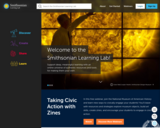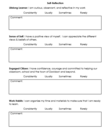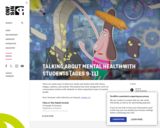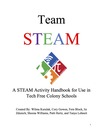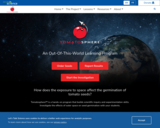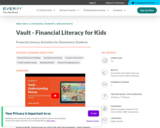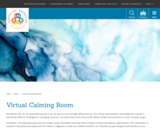This resource effectively illustrates the ways in which animals are important to the health and future of the planet. Four lessons demonstrate how human activities, including those related to climate change can result in habitat fragmentation and threaten the viability of entire ecosystems. The resource includes a teacher's guide, background information, student activity pages, videos and extension ideas for individual, group and community action.
Activity One: What’s your View? (1 x 60 minutes)
Teachers set up a 'four corners' activity in which students read a variety of statements concerning animal welfare and decide if they agree or disagree. The class then discusses as a group the importance of animals in sustaining healthy ecosystems and the value of their relationships with humans.
Activity Two: Video (1 x 60 minutes)
Students watch a video called “Why Animals Matter” and complete a short quiz to check their understanding of key concepts raised in the video. A discussion follows on what can be done to make the world a better place for animals. Suggestions for extension activities are included.
Activity Three: Eco-investigation (3 x 60 minutes)
Students go outside to study local biodiversity. Working in groups, they select a 2m square sample site near the school yard and determine the variety of plant, fungi and animal life found. The inventory includes the abiotic characteristics of soil, rocks, water sources as well as any evidence of human disturbance. Students are also asked to take notice of the resources that species need to survive (food, water, cover and space) and how humans have impacted these resources.
Activity Four: Understanding Habitat (3 X 60 minutes)
After a discussion on the inter-dependency of the four core elements of a habitat, the class is invited to brainstorm ideas as to the causes and effects of habitat fragmentation and the importance of wildlife corridors. Students then review a newspaper article describing how habitat fragmentation due to road construction in parts of India has impacted elephant populations. Four groups of students take on the role of stakeholders in a wildlife corridor project for the benefit of these elephants. Groups must develop a persuasive statement to reflect their point of view. Peer evaluation and class discussion follow.
An extension activity suggests students research the habitat requirements of a wild animal, how these needs can be threatened by human disturbance and what solutions should be considered.


